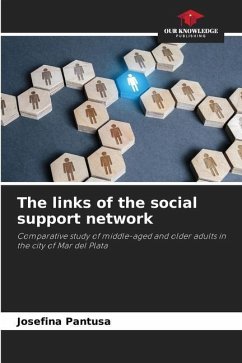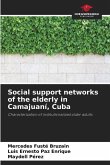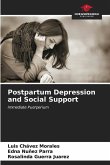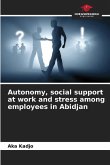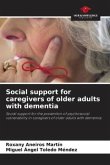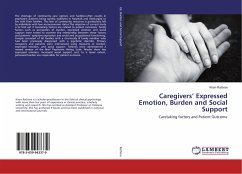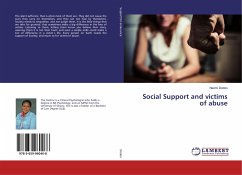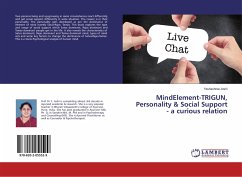The process of population aging that Argentina is going through poses new challenges whose responses will require changes in formal and informal social support for older adults. Although there is previous information about social support networks in old age, there is scarce information about middle age. For this reason, a study was carried out using a non-experimental cross-sectional/correlational design. The study aimed to make a comparison of the links that make up the social support network in middle-aged and older adults, as well as to identify those most frequently associated with emotions of joy, sadness and anger in each group. A non-probabilistic purposive sample of 60 middle-aged and 60 older adults from the city of Mar del Plata was selected and administered: a Sociodemographic Data Questionnaire, the Structured Interview of Sources of Social Support and an Incomplete Sentences Questionnaire. The data were analyzed quantitatively, using statistical techniques. The results provide theoretical contributions that seek to facilitate interventions for health professionals.
Bitte wählen Sie Ihr Anliegen aus.
Rechnungen
Retourenschein anfordern
Bestellstatus
Storno

